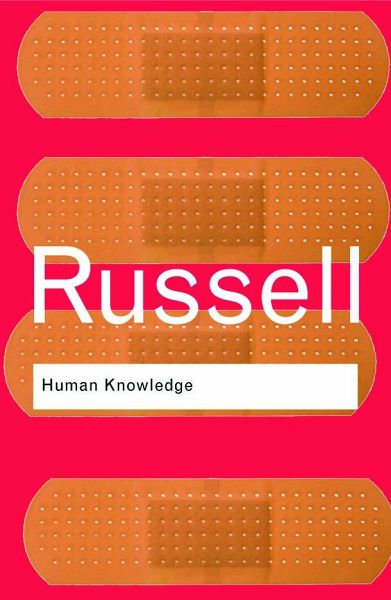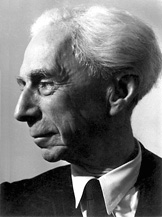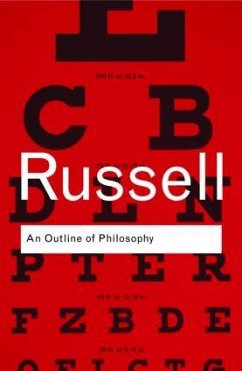
Human Knowledge
Its Scope and Limits
Versandkostenfrei!
Versandfertig in 6-10 Tagen
19,99 €
inkl. MwSt.
Weitere Ausgaben:

PAYBACK Punkte
10 °P sammeln!
In this brilliant, provocative and controversial work, Russell questions the reliability of our assumptions about knowledge â how it is we come to know what we â knowâ â and investigates the relationship between â individualâ and â scientificâ knowledge.















